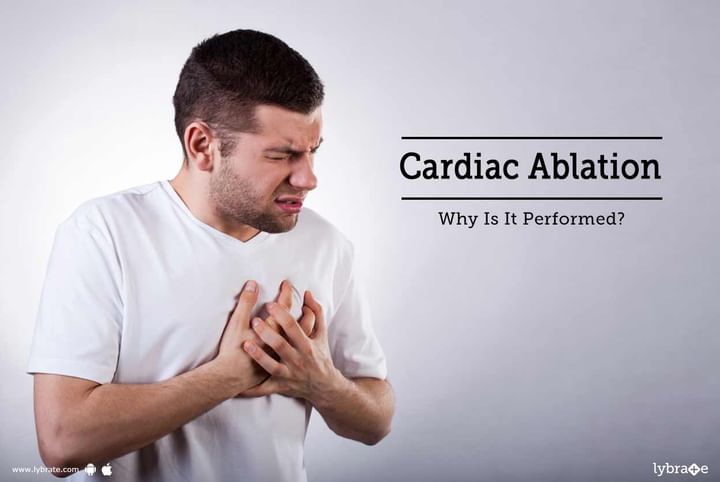Cardiac Ablation - Why Is It Performed?
Cardiac ablation is a procedure that can correct problems associated with heart rhythm. It is a procedure performed by an interventional cardiologist, a doctor who specializes in performing procedures related to the heart. During the procedure, small wires called electrodes are placed inside your heart to measure its electrical activity. When the source of the problem is identified, the tissue causing the problem is destroyed.
Methods of performing cardiac ablation: There are two methods of performing cardiac ablation:
- Radiofrequency ablation: It uses heat energy to eliminate the problem area.
- Cryoablation: It uses extremely cold temperatures to destroy the cardiac tissue. The type of procedure you will undergo depends on what kind of abnormal heart rhythm you have.
Cardiac ablation is conducted at a hospital by trained staff. You will be given a sedative before the procedure to help you relax. A small and flexible tube will be inserted through a cut into one of the blood vessels in the area. The doctor will use live X-ray images to carefully guide the catheter up into your heart. Sometimes, more than one catheter is needed to perform the procedure.
Why is cardiac ablation performed?
Cardiac ablation is used to treat certain heart rhythm problems that medicines cannot treat or control. These problems may be dangerous if they are not treated. Common symptoms of heart rhythm problems may include chest pain, fainting, slow or fast heartbeat, light-headedness, dizziness, and paleness, shortness of breath, skipping beats, and sweating.
Risks associated with cardiac ablation: Cardiac ablation carries a risk of complications, including the following:
- Bleeding or infection at the site where your catheter was inserted.
- Damage to your blood vessels where the catheter may have scraped as it traveled to your heart.
- A puncture in the cardiac wall.
- Damage to your heart valves.
- Damage to your heart’s electrical system, which could worsen your heart rhythm and a pacemaker may be required to correct it.
- Blood clots in your legs or lungs.
- Stroke or heart attack.
- Narrowing of the veins that carry blood between your lungs and heart.
- Damage to your kidneys from the dye used during the procedure.
- Death, in rare cases.
Results of cardiac ablation: Although a single cardiac ablation can be successful, some people required repeated intervention. Your doctor will tell if you need any other procedure such as pacemaker implantation to treat complex heart rhythm problems. You may also need to take medications, even after you have had an ablation. Some lifestyle changes need to be made that improve the overall health of your heart, especially to prevent or treat conditions that can cause or worsen heart rhythms, such as high blood pressure. Your doctor may advise you to use less salt, which can help lower blood pressure, increase your physical activity, quit smoking, avoid drinking alcohol, eat heart-healthy foods, maintain a healthy weight, and manage strong emotions such as anger.
Follow your doctor’s instructions about wound care, medications, physical activity, and follow-up appointments. Some people may still have episodes of an irregular heartbeat after cardiac ablation. This is a normal reaction as the tissue heals and should go away with time.
In case you have a concern or query you can always consult an expert & get answers to your questions!



+1.svg)
